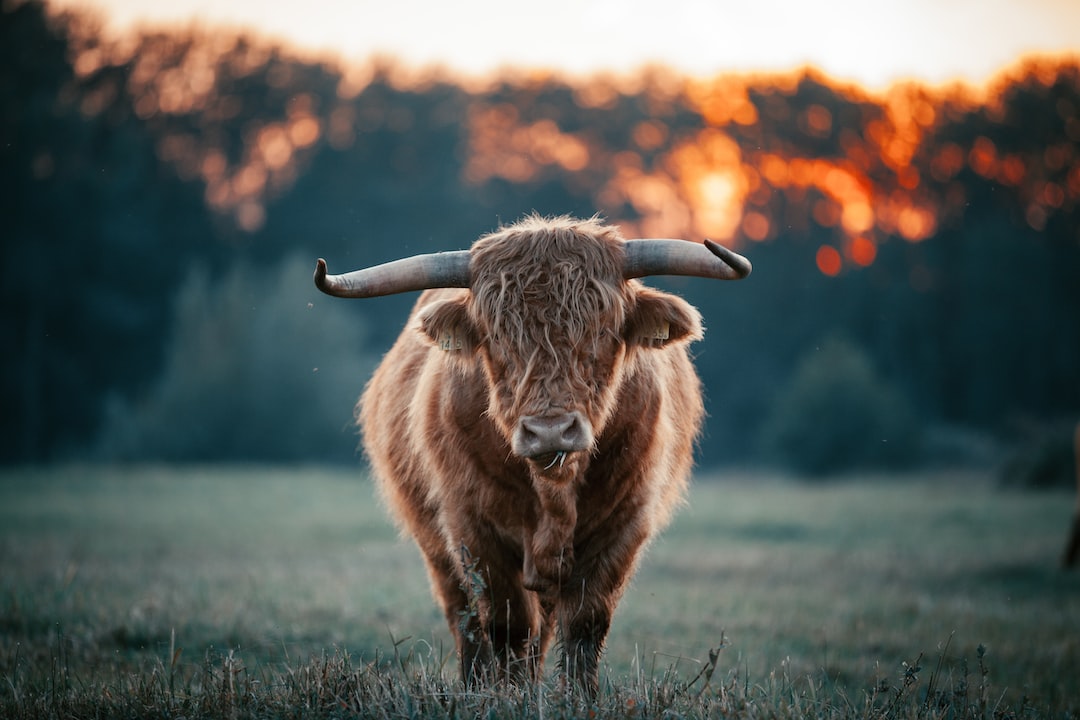Animals have always held a significant place in various mythologies and legends around the world. From powerful deities to sacred creatures, animals have been revered and celebrated in myths for their symbolism and mystical qualities. Let’s explore some of the fascinating tales and meanings behind these animals in mythology.
One of the most renowned animals in mythology is the majestic eagle. Across cultures, the eagle symbolizes strength, freedom, and courage. In Greek mythology, the eagle was associated with Zeus, the king of gods. It was believed to be the bird that carried Zeus’ thunderbolts, exemplifying its connection to power and divinity. Additionally, the eagle was seen as a messenger between the mortal and divine realms. The Romans had a similar perception; they believed that eagles were the embodiment of Jupiter, the Roman equivalent of Zeus.
Moving towards ancient Egyptian mythology, the sacred scarab beetle holds great significance. Egyptians perceived the scarab as a symbol of rebirth and transformation. The beetle was associated with the sun god, Ra, as it rolls balls of dung to create its nest, mirroring the sun’s daily journey across the sky. The scarab was believed to bring good fortune and ward off evil, making it a popular amulet among the Egyptian people.
In Norse mythology, the powerful wolf Fenrir plays a prominent role. Fenrir, also known as Fenrisúlfr, was a colossal and ferocious wolf. It was prophesied that Fenrir would ultimately cause chaos and bring about the end of the world, Ragnarök. This portrayal of the wolf symbolizes the untamed forces of nature and the inevitability of destruction. Despite its ominous reputation, Fenrir’s role in Norse mythology emphasizes the cyclical nature of life and the necessity of change and renewal.
Another renowned animal in mythology is the wise and elusive owl. Known for its nocturnal nature and ability to see in the dark, the owl has been associated with wisdom and mysticism. In Greek mythology, the owl was sacred to Athena, the goddess of wisdom and knowledge. The owl’s ability to see what others cannot makes it a symbol of foresight and understanding. Native American cultures also hold deep reverence for the owl, considering it a guardian of secrets and a guide through the spiritual realm.
Moving to Chinese mythology, the dragon is a revered and iconic creature. Unlike the fire-breathing monsters of Western mythology, Chinese dragons are seen as benevolent and bringers of good fortune. The dragon is associated with power, prosperity, and luck. Chinese emperors often considered themselves descendants of dragons, further elevating the creature’s status. Dragons are depicted as wise, mystical beings that protect the heavens and the earth.
These are just a few examples of the countless animals that have left their mark on mythology and legends. The symbolism and meanings attributed to animals in these stories reflect the human desire to explain the world around us and understand our place within it. Animals have been seen as messengers, guides, protectors, and even as agents of destruction. They embody traits and qualities that captivate our imagination and inspire awe.
Mythologies and legends continue to evolve throughout time, adapting to cultural changes and new belief systems. Animals remain an integral part of these stories, reminding us of our connection to the natural world and the profound wisdom it holds. Exploring the symbolism and legends behind animals in mythology allows us to delve into the profound depths of human imagination and the enduring power of storytelling.
